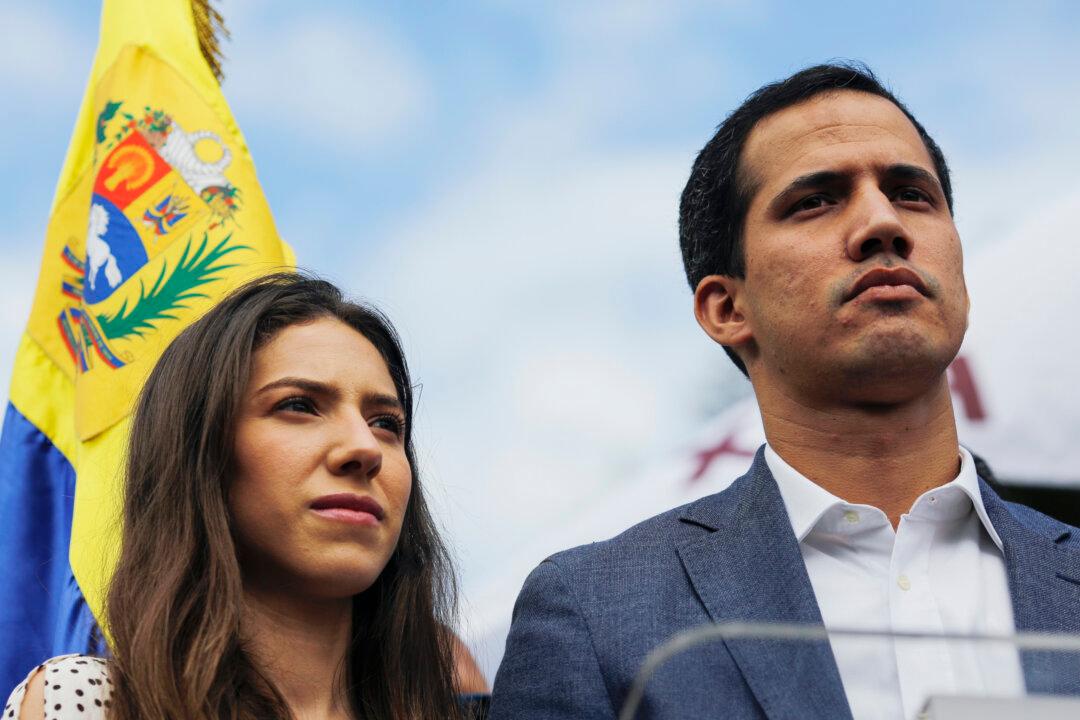Commentary
Venezuela has long played an important democratic role in the Americas, including becoming the first Latin American nation to end military rule in 1958.


Venezuela has long played an important democratic role in the Americas, including becoming the first Latin American nation to end military rule in 1958.